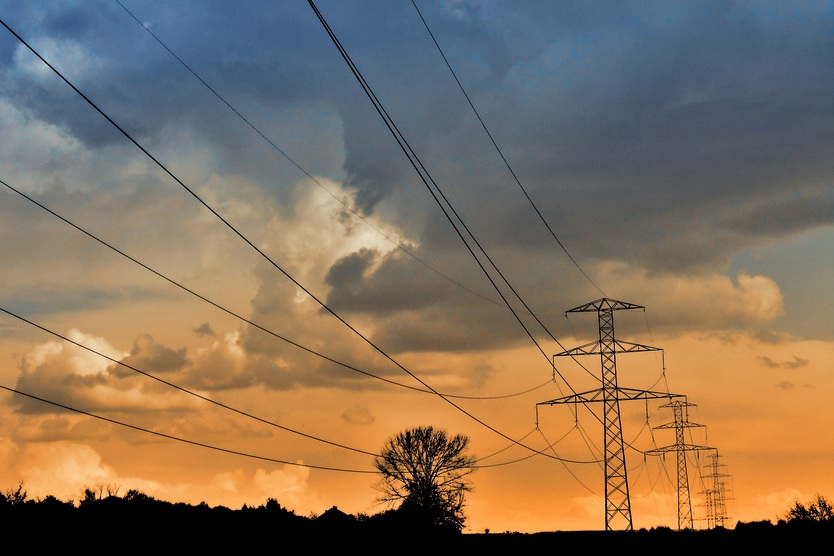
As part of the energy transition, the Federal Republic of Germany has set itself extremely ambitious targets for the energy sector. By 2050, for instance, between 80 and 95 per cent fewer greenhouse gas emissions are to be produced compared with the 1990 baseline. The total amount of electricity in Germany generated from renewable energies in 2019 has already exceeded 45 per cent. In addition to the energy industry, other sectors such as industry and commerce, transport and the building sector must also make greater efforts to reduce CO2 emissions.
In addition, the generation of energy will be further decentralised. Whilst in the past coal-fired and nuclear power plants produced large amounts of energy which was then distributed centrally among the consumer centres, today and in the future energy will be generated regionally (in so-called cells) and distributed according to demand. These cells reveal large differences in supply and demand, depending on the generation capacity, the local industries in the region and population density.
In order to better understand these dynamics between the cells, a group of German universities and companies initiated the ZellNetz2050 research project to ensure that these decentralised units could produce a secure energy supply. The aim of the project will be to develop concepts for the construction and operation of a hierarchical, cell-based, energy system. The energy supply is to come predominantly from renewable energy sources and will be fed into the grid both at a high and a low voltage level.
Research will primarily be concentrating on the conception and design of the cellular model. The requirements for the cellular structures will be determined by simulations and analyses. Furthermore, operational management concepts and an automation model for decentralised energy distribution are to be developed. The technology will then be tested and evaluated in two pilot projects. For the tests conducted in an urban area, the grid operator and energy supplier of the city of Dresden (approx. 550,000 inhabitants) will be involved. A second pilot project will be implemented in the West German municipality of Völklingen (approx. 40,000 inhabitants), which has a low population density and uses a very high per cent of renewable energy.
The Federal Ministry for Economy and Energy is funding this research between 2019 - 2022.


